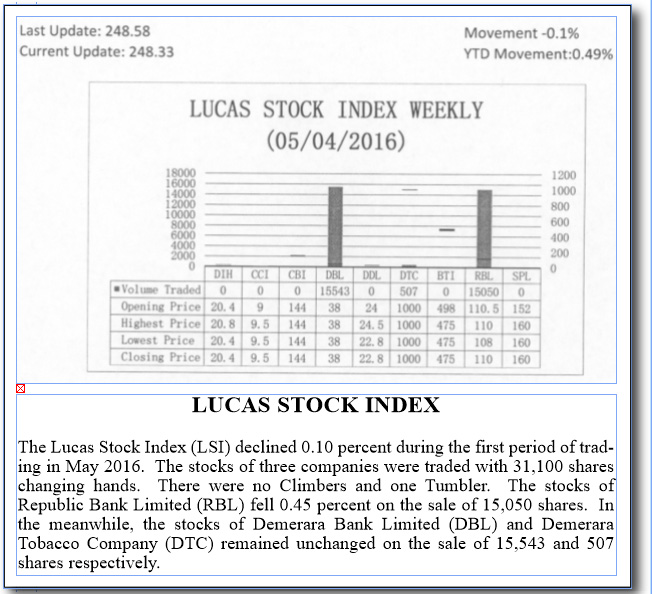Global demand
The world is bombarded with claims of free trade and its virtues. Globalization is often advanced as the reason for the need for open trade. Global demand for goods and services must be satisfied and the advocates of globalization feel that it could only be done through free trade ‒ the lowering of tariffs or removal of tariff and non-tariff barriers. The debate is often about the pros and cons about mercantilism and liberalism. People are often left with the impression that mercantilism has been cast aside in favour of liberalism. This article seeks to determine if the world has truly abandoned the mercantilist principles of international trade.
Reigning philosophy
 While academics discuss three theories of international trade, the dominant two theories are mercantilism and liberalism. Under mercantilism, the principal actor in trade is the state. The reigning philosophy is that the state needs to be at the centre of international trade in order to ensure that the country has enough resources to take care of its domestic needs. The principal trade objective of the state was to enable the country to export more than it imported. In other words, achieving a trade surplus was very important to mercantilist thinking. State intervention was necessary to make that happen. Governments used customs duties or tariffs to achieve their goals. Trade in manufacturing because of its value-added benefits was seen as better than trade in raw materials or primary commodities.
While academics discuss three theories of international trade, the dominant two theories are mercantilism and liberalism. Under mercantilism, the principal actor in trade is the state. The reigning philosophy is that the state needs to be at the centre of international trade in order to ensure that the country has enough resources to take care of its domestic needs. The principal trade objective of the state was to enable the country to export more than it imported. In other words, achieving a trade surplus was very important to mercantilist thinking. State intervention was necessary to make that happen. Governments used customs duties or tariffs to achieve their goals. Trade in manufacturing because of its value-added benefits was seen as better than trade in raw materials or primary commodities.

